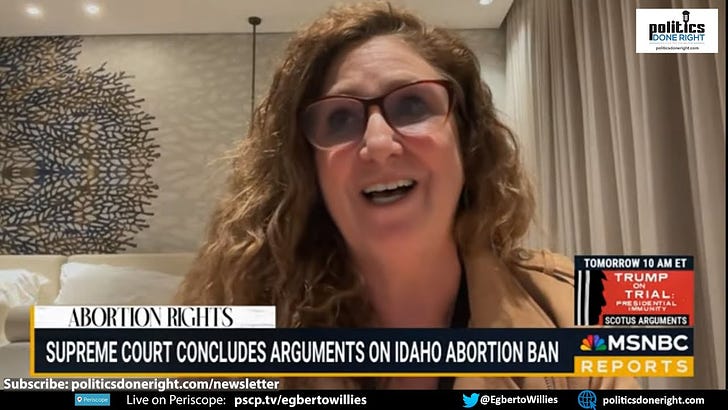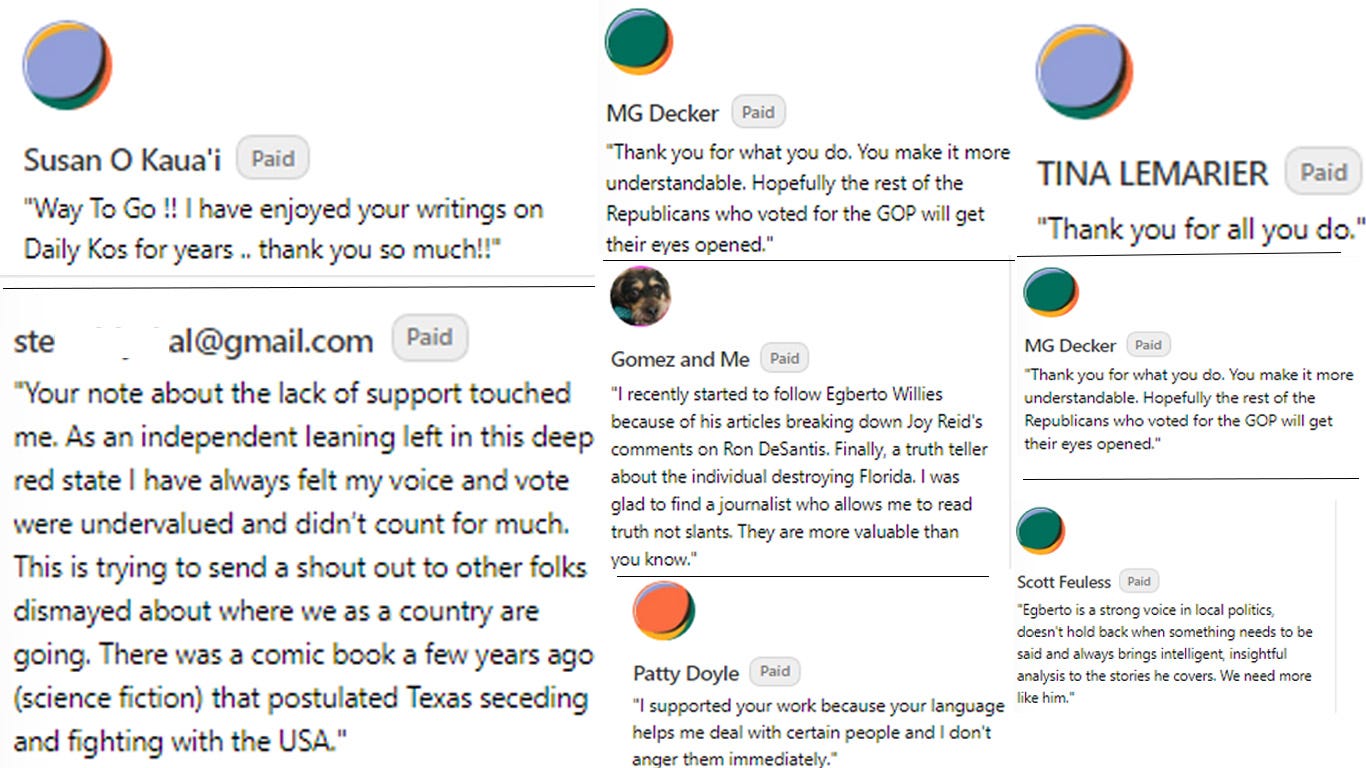Breaking Down the Supreme Court’s Gender Deafness.
We’re breaking down the Supreme Court’s gender bias in the Idaho abortion case. Let’s discuss the implications of this decision.
Supreme Court’s Gender Deafness.
In a recent deliberation by the U.S. Supreme Court, an acute gender disparity was glaringly apparent, highlighting the critical need for diversity and progressive evolution in our government structures. The case in question involved an Idaho law that severely restricts access to abortion, putting women’s lives at significant risk by disallowing medical interventions in nearly all circumstances. This law not only threatens the health and rights of women but also underscores the broader implications of having a judiciary that lacks comprehensive demographic representation.
During the deliberations, a stark divide was observed between how the justices engaged with the issue. While female justices and attorneys, including Amy Coney Barrett and Solicitor General Elizabeth Prelogar, discussed tangible and dire health concerns such as pre-eclampsia and ectopic pregnancies, their male counterparts diverted the conversation to abstract legal principles, such as the Hyde Amendment and the Spending Clause. This avoidance tactic by the male justices to steer clear of the substantive health issues at stake was not just a procedural oversight but a profound demonstration of gender insensitivity
The discussion illuminated by the female participants in the courtroom focused on the visceral realities of childbirth and pregnancy complications, which are experiences unique to women. Contrastingly, the male justices’ responses were markedly antiseptic and academic, showing a disconnection from the actual human implications of the legal arguments. This scenario suggests a broader systemic issue within our highest court and other realms of governance: a lack of lived experience among decision-makers, which can lead to a diminished capacity for empathy and understanding towards issues that predominantly affect women.
Moreover, the conservative stance of Justice Amy Coney Barrett, despite her engagement with the health aspects discussed, underscores another layer of complexity. Her previous vote to overturn Roe v. Wade seems at odds with her acknowledgment of the serious health risks faced by pregnant women. This contradiction points to the tension between ideological commitments and the practical implications of legal decisions on women’s lives.
The observed gender deafness in the Supreme Court is not merely a symptom of individual biases but a reflection of a broader patriarchal structure that values male experiences and perspectives over those of women. This systemic bias is evident not only in the legal arena but also in many other sectors of society where decisions impacting women are made predominantly by men.
The need for diversity in the judiciary is not just about gender balance but about bringing various perspectives that can enrich understanding and improve the quality of decision-making. When different life experiences are represented in government and particularly in the judiciary, the range of discussion is naturally broader and more inclusive of the issues that affect a diverse populace.
The recent Supreme Court deliberation on the Idaho law is a case study of why diversity is crucial in all government branches. It reveals the inadequacies of a homogenous group to fully grasp and address issues outside their personal experiences, particularly when such issues have life-altering consequences for others. This incident calls for a reevaluation of the composition of our courts and a concerted effort to ensure that they genuinely reflect the diversity of the society they serve. As we continue to push for a progressive future, including varied perspectives in all areas of governance is desirable and essential for justice and equity.
Please support our values via Independent Media.
The other side has big donors and everyday citizens who invest heavily in platforms that lie and misinform. All we have is you. So, please invest in our media outlet by clicking the subscribe button below to become a paid subscriber. You won’t miss that coffee, but it will make a difference in our politics as we spread the truth about our policies and progressive politics. All paid subscribers get to read my five books on this platform and all subsequent books I write. They will also be privy to subsequent incentives.







I think I was listening to Dhalia Lithwick's podcast Amicus when she said the male justices all referred to Drs as HE and nurses as SHE.....typical of the tone deaf misogynists that they are. Signed a female MD!